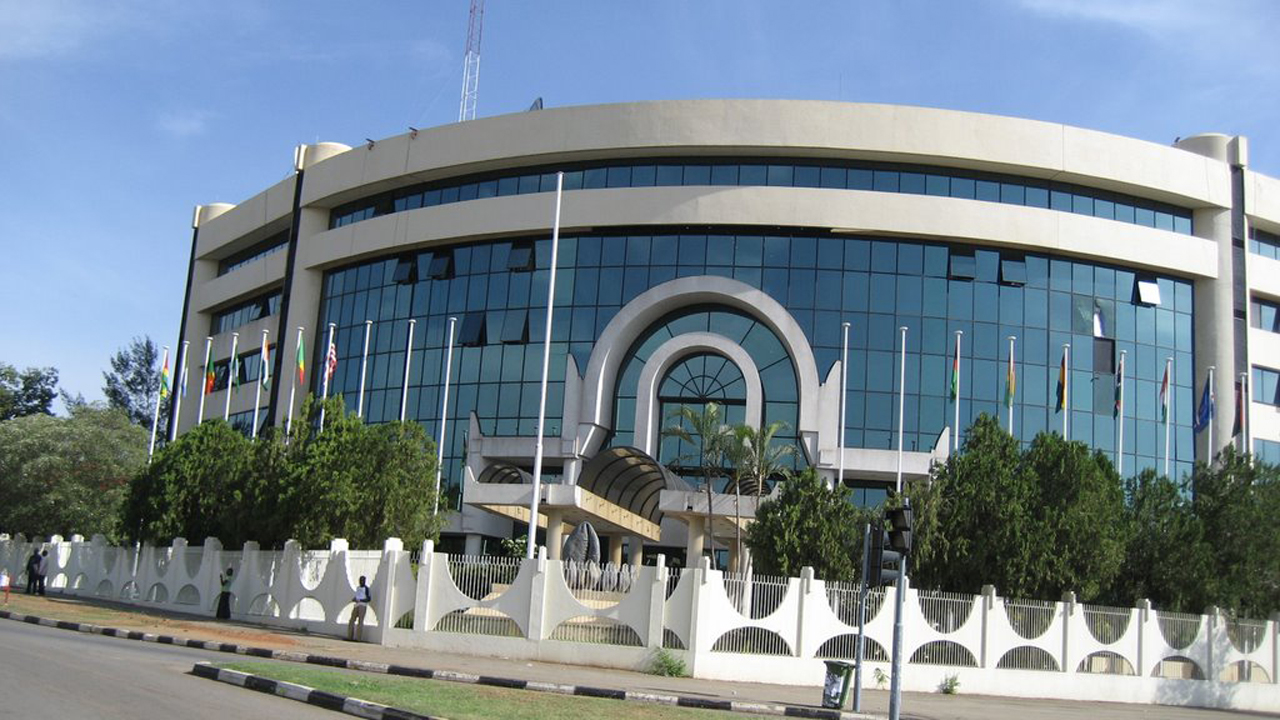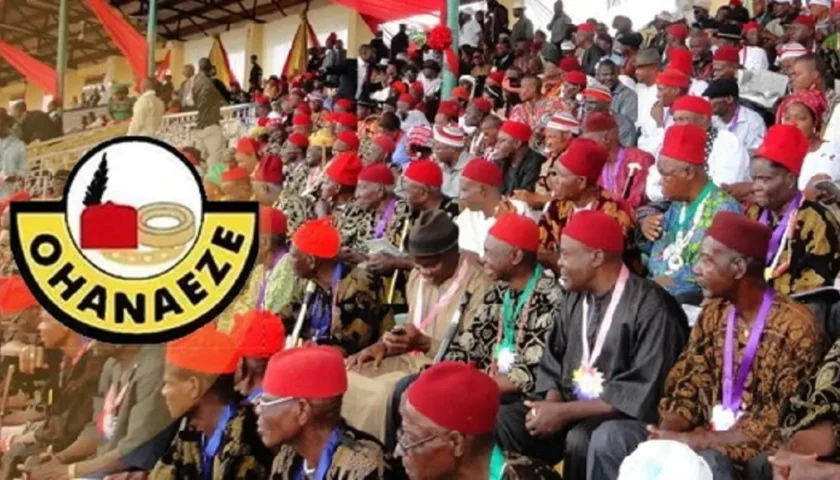By NewsBits
Power supply from Nigeria to the Republic of Niger was stopped on Wednesday, as sanctions against the neighbouring country by the Economic Community of West African States increases.
On Sunday, ECOWAS, led by Nigerian President Bola Tinubu, decided on sanctions against the military personnel in Niger who toppled President-elect Mohamed Bazoum’last week. On July 26, officers of the Presidential Guard arrested Bazoum and declared him deposed.
In addition to a one-week ultimatum to restore constitutional order and the suspension of financial transactions with Niger, ECOWAS decreed the freezing of “all service transactions, including energy transactions.”
Impeccable sources in Nigeria’s power sector confirmed the development, while the AFP also reported on Wednesday that Nigeria had cut its electricity supply to Niger. The international medium quoted a source close to the management of the Nigerian Electricity Company, popularly known as Nigelec, adding that the move was in line with the sanctions decided by ECOWAS.
However, industry experts called for caution and advised that the Federal Government should be diplomatic in handling the matter, as NIGELEC was under contract with a power firm in Nigeria, Mainstream Energy, for the supply of electricity. Nigeria exports electricity to the Republics of Benin and Niger based on various Transaction Service Agreements.
Nigeria exported about N23.13bn worth of electricity to some neighbouring countries in 2022. The report confirmed that Nigeria exported electricity to Transcorp-SBEE and Mainstream-NIGELEC. SBEE is Société Beninoise d’Énergie Electrique, a Benin Republic power firm, while NIGELEC, which is Société Nigérienne d’Electricité or Nigerien Electricity Society, is a power utility firm in Niger Republic.
“Nigeria disconnected since yesterday (Tuesday) the high voltage line that carries electricity to Niger,” AFP quoted its source. It stated that a NIGELEC agent, on his part, indicated that the capital, Niamey, was “supplied, thanks to local production.”
According to a report by NIGELEC, the neighbouring country’s sole supplier, in 2022, 70 per cent of Niger’s share of electricity came from purchases from the Nigerian company – Mainstream.
Electricity is produced by the Kainji Dam located in Nigeria. However, to free itself from its strong energy dependence on neighbouring Nigeria, Niger is working to complete its first dam by 2025. Some 180km upstream from Niamey, the Kandadji dam should generate 629 gigawatt-hours of electricity annually.
Attempts to get confirmation from the Transmission Company of Nigeria were unsuccessful as its spokesman, Ndidi Mbah, neither picked up calls nor replied to a text message sent to her about the matter, on Wednesday.
However, the President, of Nigeria Consumer Protection Network, and Coordinator, of Power Sector Perspectives, Kunle Olubiyo, confirmed that ECOWAS would isolate Niger Republic from the electricity supply.
“About 60 per cent of power supply to Niger comes from Nigeria. Just like organised labour usually shuts down the national power grid as part of negotiations when all appeals might have failed to achieve results, Mr President (Tinubu) is the leader of ECOWAS at the moment.
“Disconnection of power supply is seen as a low-hanging fruit,” he stated.
ECOWAS Defence Chiefs meet. On Wednesday, Defence Chiefs from ECOWAS member states met at the Nigerian capital, Abuja.
Defence Chiefs from Ghana, Nigeria, Benin, Togo, Sierra Leone, Liberia, Senegal, The Gambia, Cote D’Ivoire, and Cape Verde are in attendance at the meeting, which took place at the Defence Headquarters in Abuja.
But Defence Chiefs for Mali, Niger, Guinea Bissau, Burkina Faso, and Guinea were absent. The Nigerian Chief of Defence Staff and President of ECOWAS Committee of Chief of Defence Staff, Gen. Christopher Musa, said the Niger coup called for collective attention and a united response.
He added that ECOWAS frowned upon any form of illegal takeover of power, and entrenched it in the 2001 Protocol on Democracy and Good Governance. Musa said, “We must face the challenges of restoring democratic governance in Niger head-on, drawing on our shared experiences, wisdom, and collective resolve.
“Our decisions will have far-reaching implications for the ECOWAS region. ECOWAS’ strength lies in unity, shared values, and commitment to democracy, peace, and prosperity. In this regard, we are tasked with a mission to restore democracy in the Republic of Niger and preserve germane humanitarian principles across the region,” Musa said. He noted that the task of restoring democratic governance in Niger was not going to be a walkover.
Musa said, “We are not oblivious to the complex challenges that lie ahead. The task of restoring democratic governance in Niger is fraught with potential hurdles and complications. However, we cannot afford to be hamstrung by these challenges. Instead, we must confront them head-on, drawing upon our shared experiences, wisdom, and the strength of our collective resolve.”
ECOWAS Commissioner for Political Affairs, Peace and Security Amb. Abdel-Fatau Musah said there was a need to act on the coup in Niger to stop it from spreading to other countries in the region.
Musah said, “In the past three years or so, there are about eight to nine successful/unsuccessful coups in West Africa. Our organisation was exemplary in supporting the consolidation of democracy to the extent that just three years ago, all member states of ECOWAS were led by democratically elected Presidents. Today we are in reverse gear.
“We are not sure which country will be next if we do not arrest this situation West Africa is going to be a laughingstock of Africa and the world. Nigeria is a regional leader, there is no way this region can overcome these challenges without the leadership role of Nigeria.
“We are at an inflation point now, it seems like President Bola Tinubu is being challenged, soon after his declaration, we have this coup and the need to demonstrate that we can go beyond backing and bite.”
Meanwhile, a leaked viral memo from the Defence Headquarters revealed that an order had been given to the Navy, Army, and Air Force, saying: “Prepare to commence the movement of platforms to Sokoto and enforce a no-fly zone. The movement will be at short notice.”
“For the impending operations in Niger Rep Nigerian Army to provide two BN (Battalion), the Nigerian Navy to provide One SPS COY ( Special Boat Service) and Nigerian Air Force to provide one REGT COY (Regiment personnel ). Prepare to commence the movement of platforms to Sokoto and enforce a no-fly zone,” the memo added.
However, The Punch could not independently verify the authenticity of the memo. Response to an inquiry from the Director, Defence Information, Brig. Gen. Tukur Gusau, was still being awaited as of the time of filing this report.
Source: Punch





